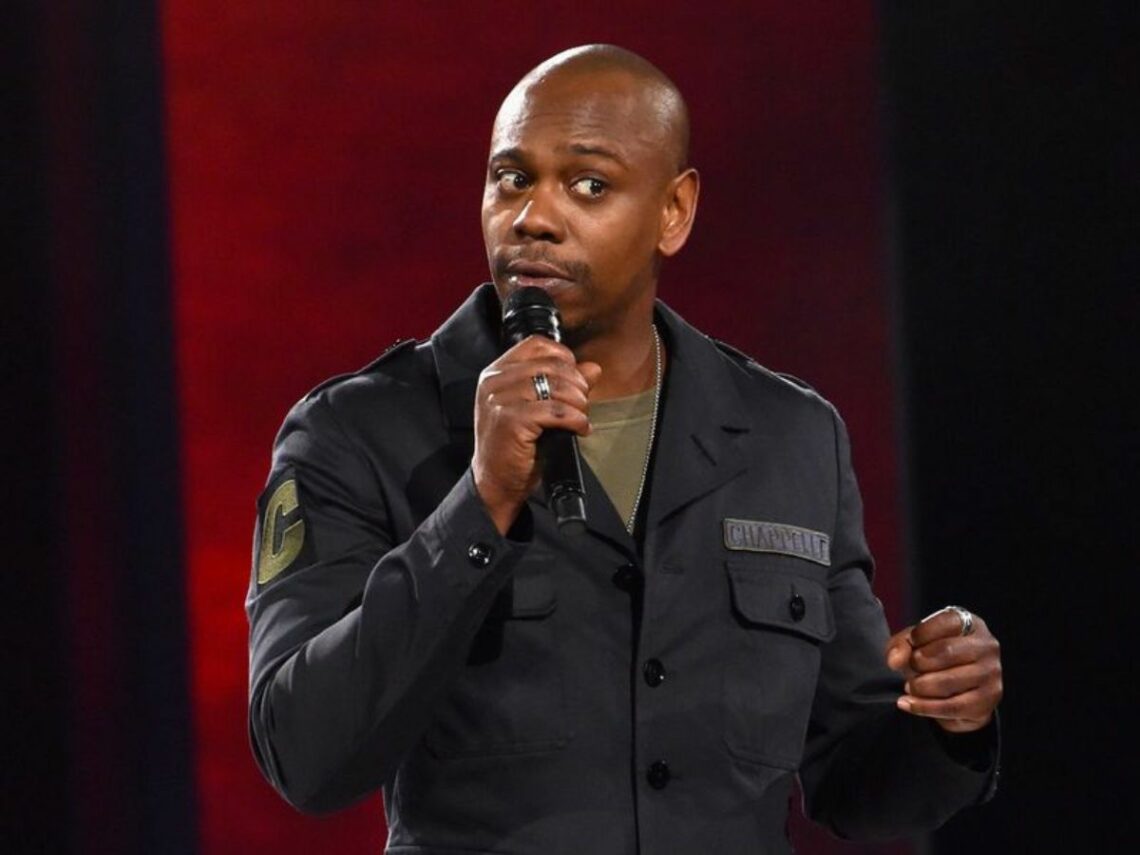Comedian Dave Chappelle took home the Grammy for ‘Best Comedy Album’ last night for his most recent special, The Closer. The album received significant backlash upon its release in 2021, labelled as transphobic and homophobic.
Chappelle’s competitors included Jim Gaffigan (Comedy Monster), Randy Rainbow (A Little Brains, A Little Talent), Patton Oswalt (We All Scream) and Louis C.K. (Sorry), who won the accolade last year despite recent sexual misconduct allegations.
The album was Chappelle’s fourth Grammy award, although the comedian was not in attendance to accept the accolade. The Closer has been heavily criticised because of anti-trans comments, with Chappelle referring to himself as a TERF (trans-exclusionary radical feminist). This harmful ideology fails to recognise trans women as women and has been backed by J.K Rowling, who Chappelle also aligns himself with during the special.
Furthermore, he also defends homophobic comments made by DaBaby, which resulted in the rapper being dropped by multiple festivals. Chappelle was further criticised for failing to recognise black LQBTQ+ people while discussing racism in the queer community.
Organisations such as GLAAD and the National Black Justice Coalition released statements following the special. Regardless, Chappelle was greeted with a standing ovation at an A-list screening of his documentary, Untitled: Dave Chappelle Documentary, a few days later. Guests included Lizzo, Jon Hamm, Stevie Wonder and Snoop Dogg. In response, Chappelle said, “If this is what being cancelled is like, I love it. Fuck Twitter. Fuck NBC News, ABC News, all these stupid ass networks. I’m not talking to them. I’m talking to you. This is real life.”
Following C.K. and Chappelle’s nominations, the Recording Academy CEO Harvey Mason Jr told the Hollywood Reporter, “If the voters feel like a creator deserves a nomination, they’re going to vote for them. We’re never going to be in the business of deciding someone’s moral position or where we evaluate them to be on the scale of morality.”
“I think our job is to evaluate the art and the quality of the art. We can make sure that all of our spaces are safe and people don’t feel threatened by anyone. But as far as the nominations or the awards, we really let the voters make that decision.”
